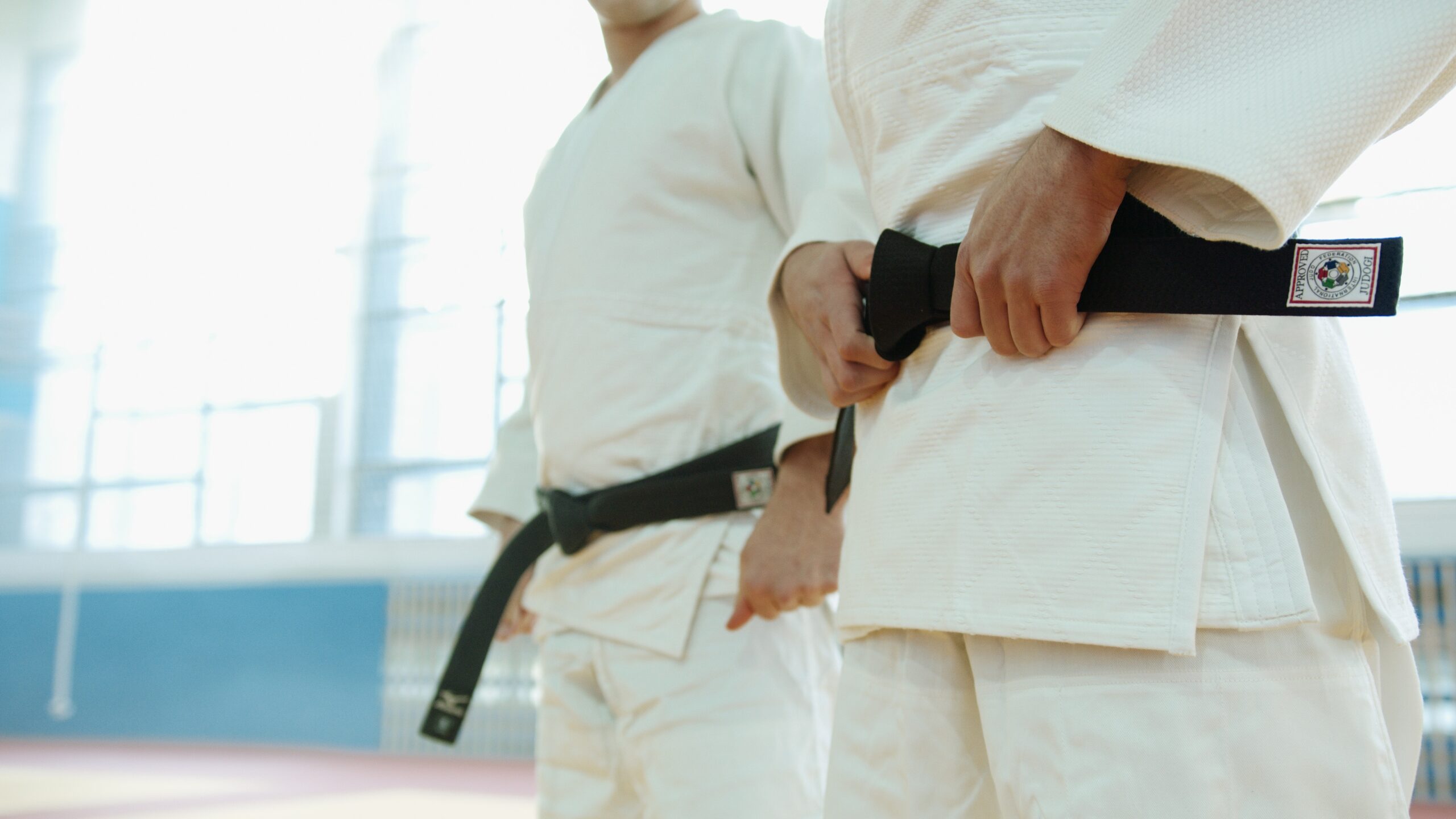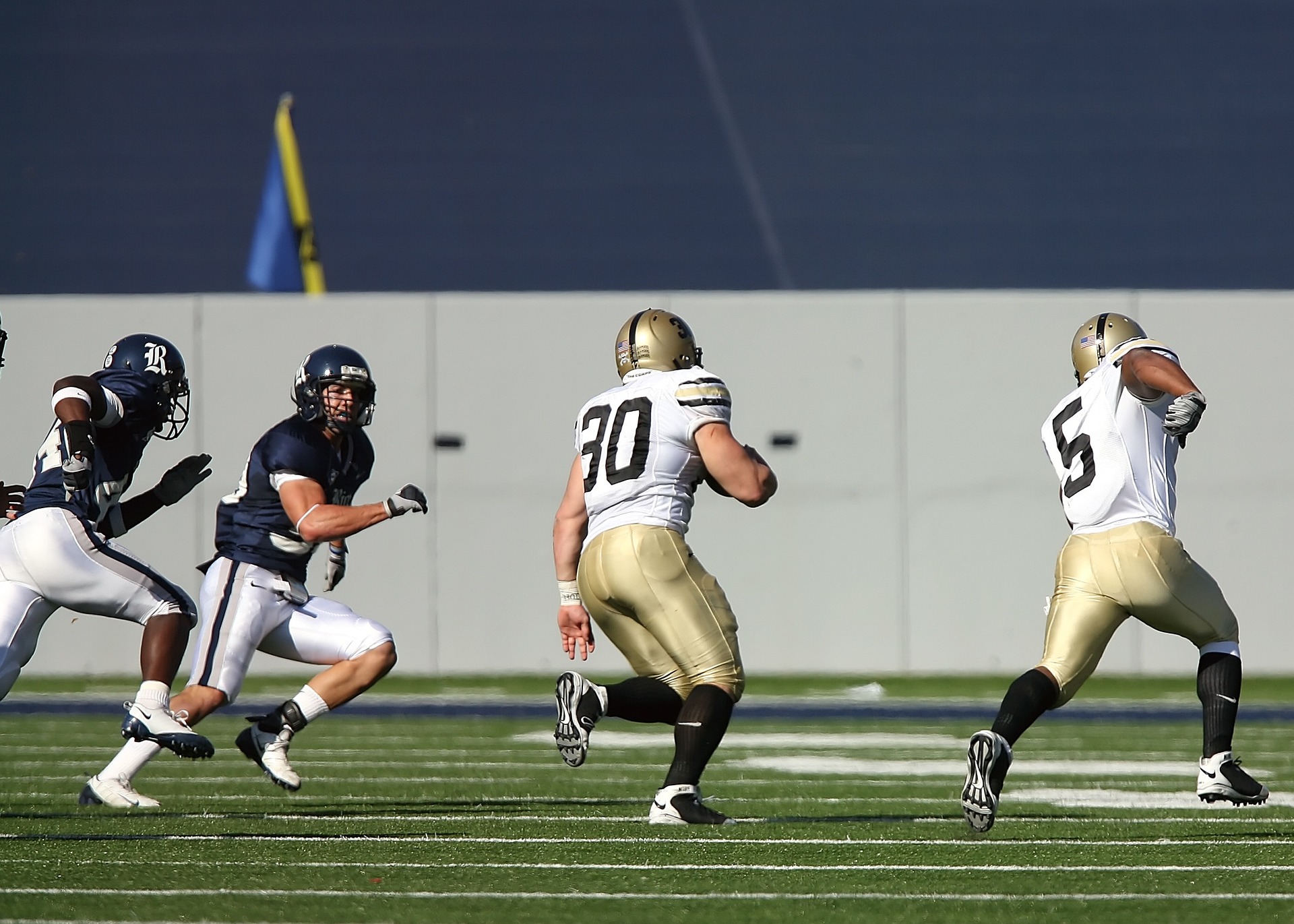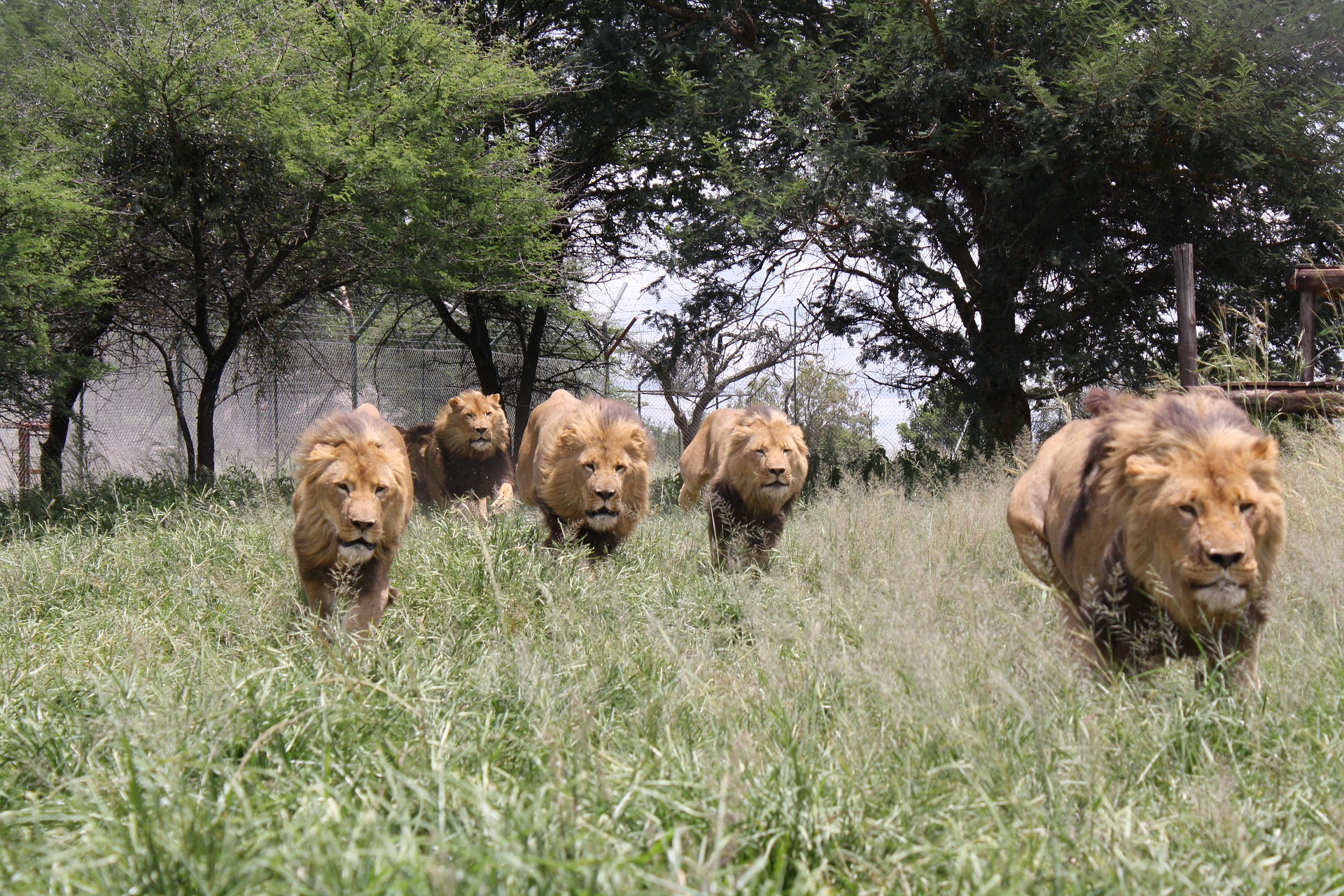Note: This article is only for students of Golden Leopard Kempo (GLK) Martial Arts School. It does not apply to other arts or other schools of Kempo. The article answers these procedural questions:
- Who’s authorized to perform tests?
- What ranks can they grant?
- What privileges do the ranks grant?
These are questions I use to ask myself. What I discovered is there isn’t a standard. It’s all made up and varies by association. Each style, system, and organization has its preferences and procedures. To ensure our Kempo style and the need for consistency, I decided to develop our own “standard” that applies to all students under my lineage. (1)
The Certificates
Our organization issues several certificates.
- Member of the school—denotes an active member and student of GLK.
- Rank Advancement—an award for the completion of a belt rank.
- Dan Rank Advancement—an award for the rank of Black Belt and confers the title of Sibak.
- Provisional Instructor—authorizes to teach on a limited basis and confer the title of Provisional Coach.
- Instructor—authorizes to teach as a certified GLK instructor and confer the title of Assistant Coach.
- Chief Instructor—authorizes to mentor and manage a dojo’s instructor cadre and confers the title of Chief.
- Proctor—authorizes to rank up to (and including) Brown Belt. There is no title awarded.
- Master—authorizes to rank up to 4th Degree Black Belt and confers the title of Master.
- Grandmaster—authorizes to rank up to and including their grade of Black Belt, and it confers the title of Grandmaster.
How It Works
A roving testing board that visits each school does all testing. Mr. Bagnas or other approved masters train this testing board. Not only will they be verifying the students’ abilities, but they also evaluate the quality of the Instructor. The Instructor will review the testing board on his strengths and weaknesses (teaching skills, adherence to curriculum, martial skills). (2)
At the mandatory weekly instructor class, all Instructors will improve their skills and adherence to the curriculum. (3)
This procedure means an authorized “Proctor” goes to the school and performs the belt rank advancement test with the resident Chief Instructor’s help. The “Proctor” and their “Chief” will approve each test candidate.
After the test, usually at the next regional meeting, the “Proctor” will give the “Chief” an evaluation of his students and teaching. This policy is a positive and constructive evaluation to ensure quality.
We don’t allow an instructor to rank their students because inconsistencies arise between schools when this happens. This system has worked well for other “schools” and it works well for us. (4)
Ranking Limits
As mentioned above, someone with the “Proctor” certificate can rank up to (and including) 1st Brown Belt. That’s all the ranks below Black Belt. A Proctor’s rank usually ranges from 3rd Degree to 4th Degree.
Someone with the “Master” award can rank up to 4th Degree Black Belt. This authority allows them to run “Black Belt Tests” on their own. However, this is frowned upon since all our masters like to be involved in all Black Belt Tests. The Master ranks are 5th (Jr. Master), 6th (Master), and 7th (Sr. Master).
The award of “Grandmaster” can rank up to and including their grade of Black Belt. They can rank anybody any lower rank, a privilege of their distinguished rank. Mr. Bagnas prefers to award the “Grandmaster” title himself, but it isn’t an exclusive rule. The Grandmaster ranks are 8th (Jr. Grandmaster) and 9th (Grandmaster).
What about the 10th Degree Black Belt? That rank is for the Senior Grandmaster of our system. Our organization does not need to award this rank. Our parent organization awards this rank to whom they see fit and deem worthy.



